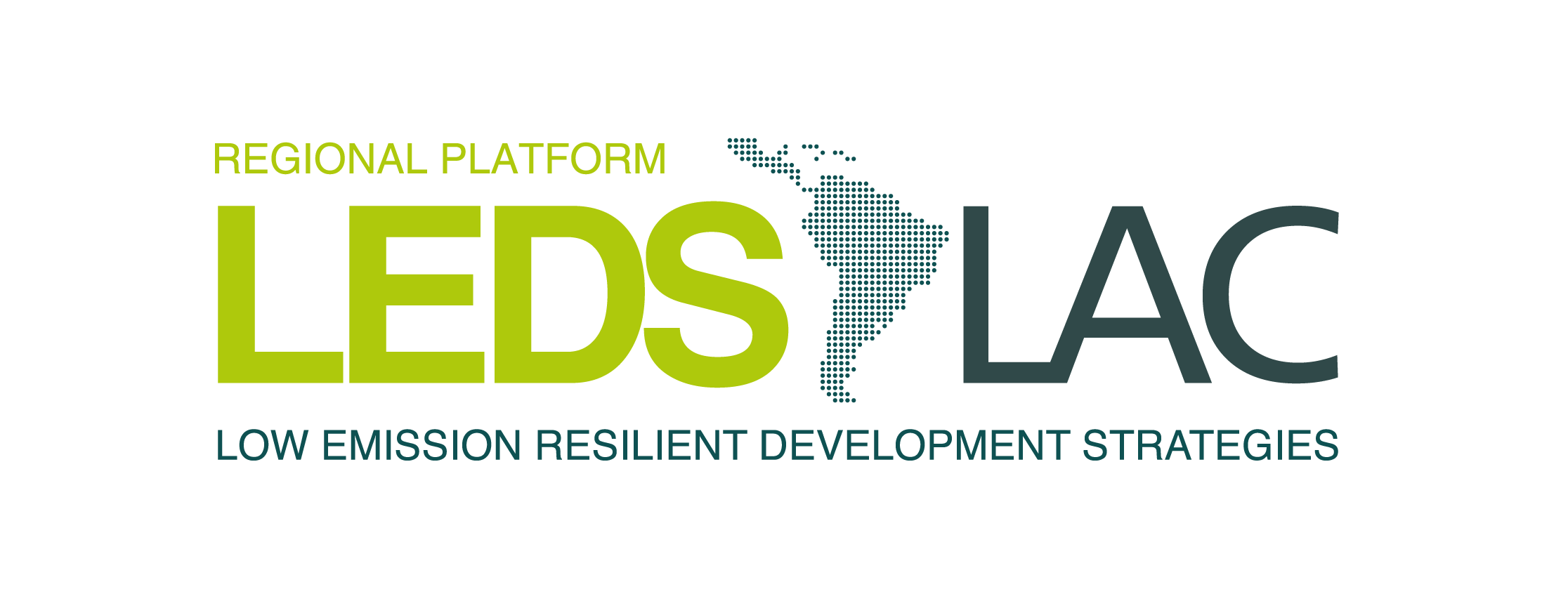[/fusion_text][/fusion_builder_column][fusion_builder_column type="1_1″ background_position="left top" background_color="" border_size="" border_color="" border_style="solid" spacing="yes" background_image="" background_repeat="no-repeat" padding="" margin_top="0px" margin_bottom="0px" class="" id="" animation_type="" animation_speed="0.3″ animation_direction="left" hide_on_mobile="no" center_content="no" min_height="none"][fusion_checklist icon="fa-check" iconcolor="#97bc3a" circle="no" circlecolor="" size="13px" size="13px" class="" id=""][fusion_li_item icon="fa-calendar"]
Day: Wednesday, September 24, 2014[/fusion_li_item][fusion_li_item icon="fa-clock-o"]
Time: 9:00- 10:30 am (GMT -6)[/fusion_li_item][/fusion_checklist][fusion_separator style_type="none" top_margin="" bottom_margin="25px" sep_color="" border_size="" icon="" icon_circle="" icon_circle_color="" width="" alignment="center" class="" id=""/][fusion_text]]
About the webinar
Currently, about 60% of the world's population lives in urban areas. Latin America and the Caribbean is the region with the highest rate of urbanization, increasing from 41% in 1950 to more than 81% in 2012.
Although cities occupy only 2% of the planet's surface, urban populations use approximately 75% of natural resources, generate 70% of greenhouse gas emissions and are highly vulnerable to the impacts of climate change. Because of this situation, cities play an important role in solving many global problems, for example by improving energy efficiency in the transportation and construction sectors, as well as in water supply and solid waste disposal systems.
This webinar presented the Cities Footprint project, which promotes low-emission and climate-resilient development in the cities of La Paz, Quito and Lima, based on the measurement of the carbon footprint and water footprint of these three cities and their municipal governments.
Based on this measurement, projections have been made by sector for both footprints in the short, medium and long term; footprint reduction projects have been identified based on their reduction potential and a cost-effectiveness analysis; a process has been initiated to define emission reduction goals led by local governments; and the transition from planning to implementation is currently being supported through the search for sources of financing, technology providers, and the formation of alliances with key stakeholders in the cities.
Presentations
Introduction.
Ana María Majano. Coordinator of the LEDS LAC Secretariat, INCAE Business School.
Footprint of Cities Project
Valeria Revilla. Technical Manager, Environmental Services Bolivia.
Download the presentation here
The experience of the city of Quito
Diego Enriquez. Director of Climate Change, Secretariat of Environment of the Municipality of the Metropolitan District of Quito.
Download the presentation here
For more information, visit: www.huelladeciudades.com[/fusion_text][fusion_separator style_type="none" top_margin="" bottom_margin="25px" sep_color="" border_size="" icon="" icon_circle="" icon_circle_color="" width="" alignment="center" class="" id=""/][fusion_text]][fusion_text]
VIDEO
[/fusion_text][/fusion_builder_column][fusion_builder_column type="1_1″ background_position="left top" background_color="" border_size="" border_color="" border_style="solid" spacing="yes" background_image="" background_repeat="no-repeat" padding="" margin_top="0px" margin_bottom="0px" class="" id="" animation_type="" animation_speed="0.3″ animation_direction="left" hide_on_mobile="no" center_content="no" min_height="none"][fusion_youtube id="https://youtu.be/DluRiPREbsg" width="600″ height="350″ autoplay="no" api_params="" class=""/][/fusion_builder_column][/fusion_builder_row][/fusion_builder_container]
